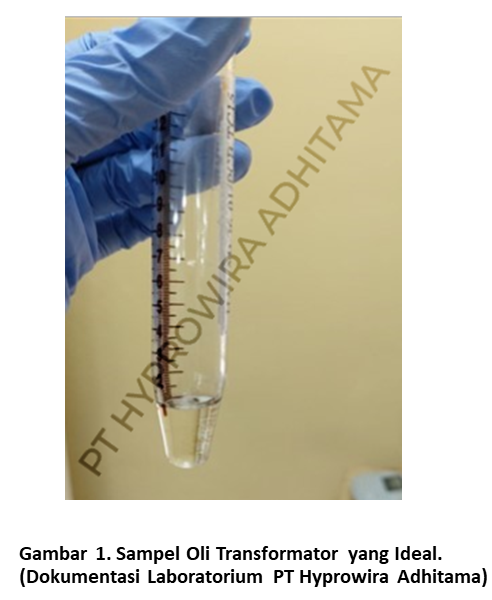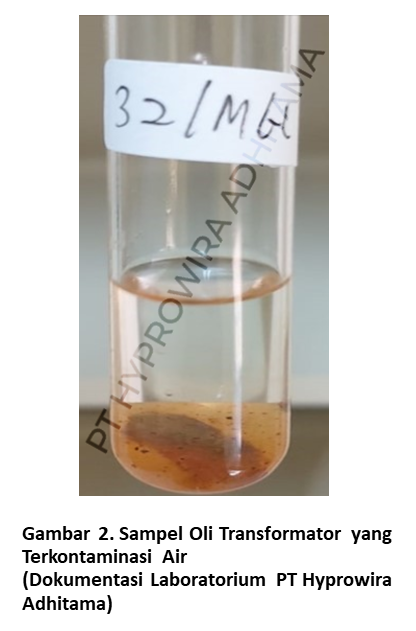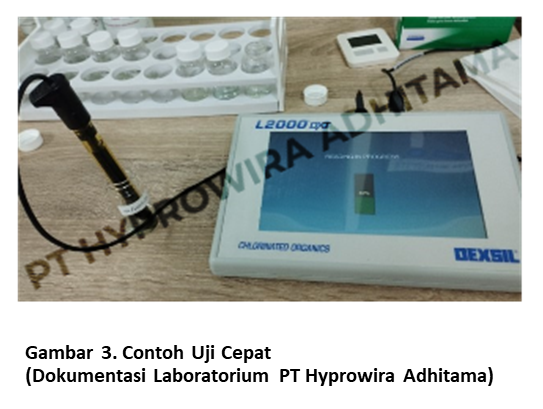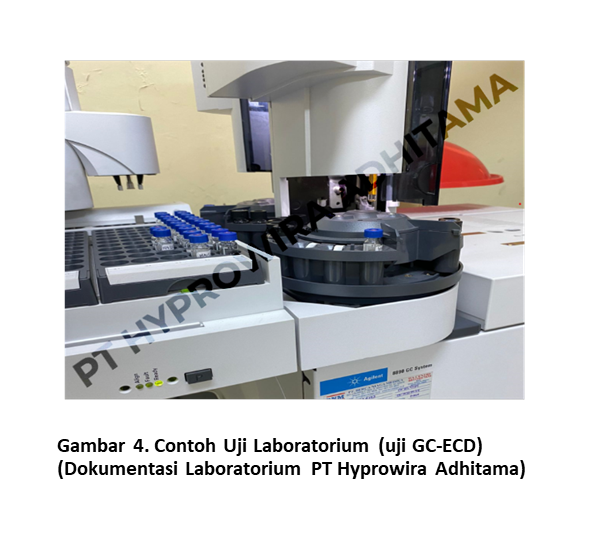Polychlorinated biphenyls (PCBs) are aromatic compounds consisting of biphenyl molecules (two linked benzene rings), where the hydrogen atom in the biphenyl is replaced by two to 10 chlorine (Cl) atoms. There are 209 congeners of PCBs, with 130 of them being used commercially, as transformer oil, coolant and electrical insulators in electrical equipment, especially in transformers and electrical capacitors.
During the use of transformer oil, aging and damage to the oil occurs due to the age of use and pollution of the external environment so that the quality of the transformer oil deteriorates, which will affect the insulation and heat dissipation. Due to heating, the oil experiences partial release from the insulator during transformer operation, resulting in chemical gases in the transformer oil. Apart from this, the placement of the transformer is also a factor that influences the quality of transformer oil. For example, an offline transformer is placed outdoors, causing the offline transformer to be exposed to rain and water entering between the transformers and causing the oil to be contaminated. Apart from this, the placement of the transformer is also a factor that influences the quality of transformer oil. For example, an offline transformer is placed outdoors exposed to rain and causes the transformer to rust so that water and dirt enters between the transformer and causes the oil to be contaminated.
The ideal transformer oil should be a clean and transparent liquid, free from sediment, mechanical impurities, suspended solids and cotton-like substances. If it is contaminated and oxidized and then produces resin and deposits, the quality of the transformer oil will decrease, the color will gradually change from pink to a dark brown liquid. When the transformer is damaged, the color of the oil can also change.

Contaminated oil will experience a decrease in dielectric characteristics including breakdown voltage, permittivity and viscosity so that its quality will decrease. For example, it can be caused by the presence of water in the oil.

To identify PCBs in transformer oil, you can use several methods, namely rapid tests and laboratory test (GC-ECD test).
The rapid test is a type of screening test to quickly obtain information on total chloride compounds (including PCBs) in transformer oil using the Dexsil L2000DXT tool. If the rapid test results show a PCBs concentration value > 50 ppm, therefore, it is mandatory to manage PCBs, but it is best to carry out a laboratory test (GC-ECD test) first to get a more specific PCBs concentration value.
If oil samples contaminated with water and dirt are tested using the rapid test method, the reading results using the Dexsil tool will be disturbed. The PCBs rapid test preparation process is simpler and faster so it cannot remove water and dirt in transformer oil samples which causes less accurate results and the possibility of errors (unreadable results).
For example, a transformer oil sample was tested at PT Hyprowira Adhitama using the PCBs rapid test method, resulting in a PCBs test result of 185 ppm. Then the sample was tested using GC-ECD, the PCBs test result was 141.36 ppm.

Laboratory testing (GC-ECD test) is an analysis method using GC-ECD (Gas Chromatography-Electron Capture Detector) to obtain total PCBs values. It is recommended that oil samples contaminated with water and dirt be carried out in laboratory tests (GC-ECD test) because laboratory tests (GC-ECD test) include procedures for removing water from transformer oil samples.

Reference:
Reference:
- Herviany, S., Yuningtyastuti, & Syakur, A. 2015. Comparative Analysis of Dielectric Characteristics of Used 20 kV Transformer Oil Before and After Purification with Adsorbents. 4(3).
- International Electrotechnical Commission (IEC) 61619. 1997. Insulating liquids - Contamination by polychlorinated biphenyls (PCBs) – Method of determination by capillary column gas chromatography.
- International Electrotechnical Commission (IEC) 60422. 2005. Mineral insulating oils in electrical equipment – Supervision and maintenance guidance.
- https://hyprowira.com/blog/Memahami-Perbedaan-Uji-Cepat-dan-Uji-Laboratorium-Polychlorinated-Biphenyls-(PCBs)-on-Dielektrik-Oil. Accessed on 27 February 2024. 10:00:00 WIB.
- https://id.transformer-tester.com/info/why-transformer-oil-testing-is-required-80596946.html. Accessed on 28 February 2024. 14:20:00 IWST.
- https://www.azom.com/article.aspx?ArticleID=20174. Accessed March 1, 2024. 11:00:00 IWST.





